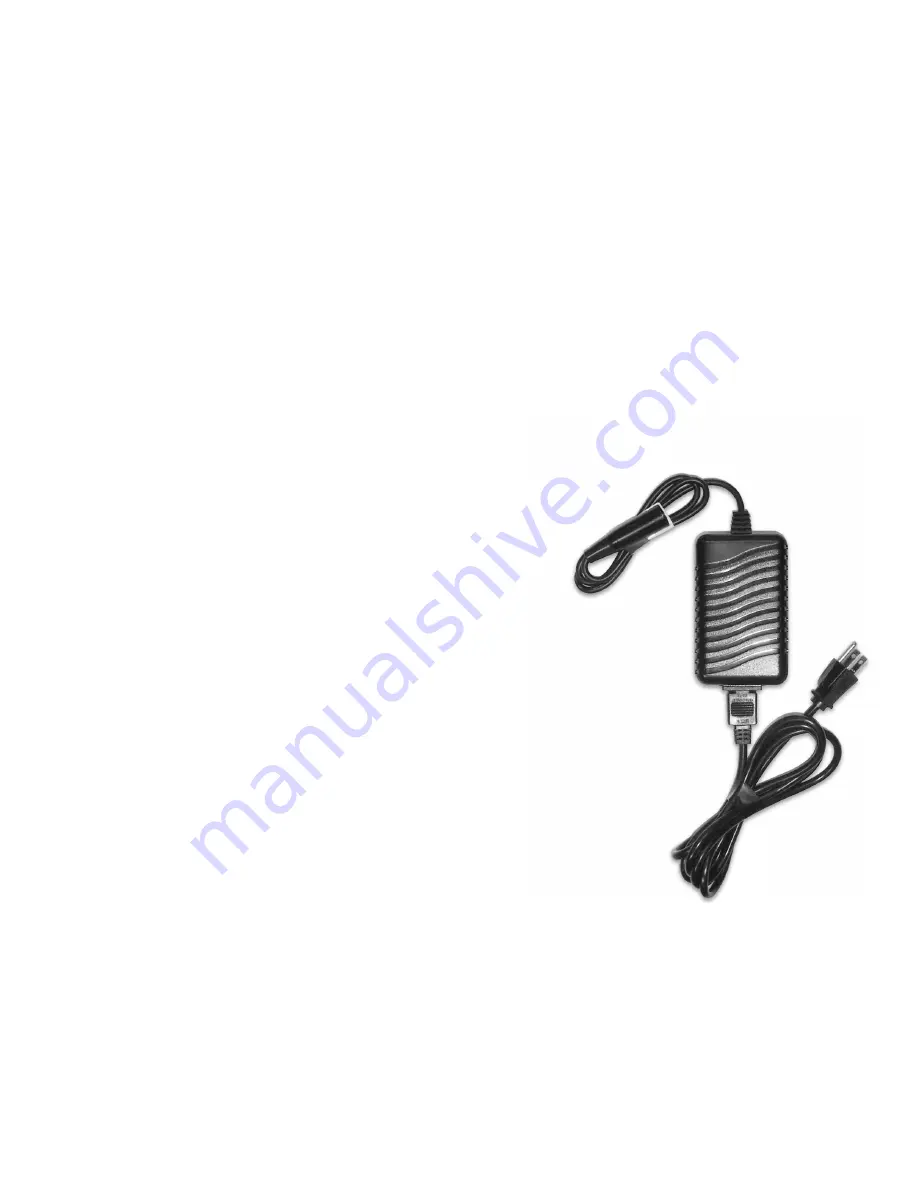
BATTERY INFORMATION
AND CHARGING INSTRUCTIONS
Charging frequency
• Charge batteries daily when the Amigo is used.
• If not in use for a long period of time, charge for 24 hours, every 30 days.
• Extended charging is good for the batteries and will not overcharge them.
Battery information
For maximum range and life, it is recommended to fully charge the batteries before using. Amigos have an overcharge
protection feature, so charging at every opportunity is encouraged. It is a common misconception that batteries should be deeply
discharged before recharging – this is not true for Amigo batteries. Batteries may be damaged if they are deeply discharged and
left sitting.
Battery range depends on driver weight, terrain, temperature and type of
battery used. Charge your batteries daily and make sure the charger cord is
unplugged from the wall outlet before moving your Amigo. Batteries need
charging if the battery indicator light is blinking while operating or if the
battery gauge drops to two bars or less.
Your battery indicator light may blink prematurely when under a heavy power
demand such as an incline. If it is premature, it will stop blinking when the unit
is stopped, and the power switch is cycled to OFF and back ON. If this cycle
does not stop the blinking, it is time to recharge.
Charging instructions
8
1-800-248-9131/ 989-777-0910
Charging a connected battery
A charging socket is located on the right side of the enclosure near the throttle,
allowing the battery to be charged while connected to the TravelMate. Plug the
round end of the charger into the socket, and plug the AC cord into a wall outlet.
Charging a disconnected battery
If the battery has been removed, plug the round end of the charger into the
socket on top of the battery case, and plug the AC cord into a wall outlet.
The charging status is indicated by an indicator light on the charger. The light will
glow ORANGE or RED to indicate charge is in progress. When batteries are fully
charged, the light will switch to GREEN.
The battery charger is designed to accept 90-240 volts 50 or 60Hz AC power
input. This makes it possible to charge on any AC electrical system globally.






































